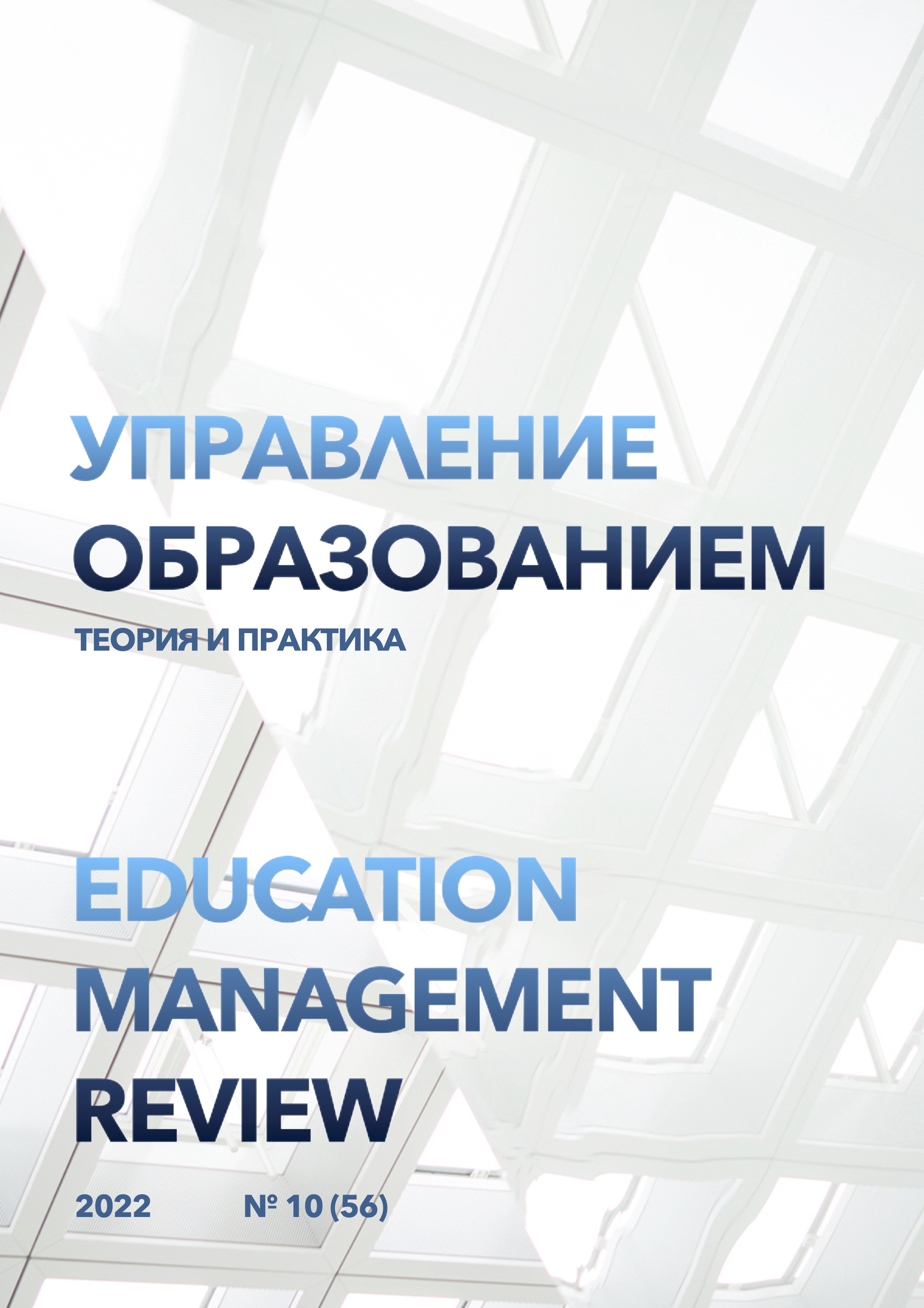Structuring innovative methods of educational institution management
DOI:
https://doi.org/10.25726/z6117-6731-6124-zKeywords:
professionally-oriented training, foreign language, analysis, trainingAbstract
In recent years, interest in mastering a foreign language (primarily English) has increased significantly. With the development of mass communication media, especially the Internet, professional information becomes more accessible. And, despite the need and conscious motivation to master the English language, most graduates of higher educational institutions are not able to use it in their professional activities. Since 2020, the demand for teaching a professionally oriented language (the language of the specialty) has increased. This is due to the fact that the number of listeners studying a foreign language for general, non business and nonprofessional communication is decreasing all over the world. Both teachers and adult listeners are increasingly coming to the conclusion about the expediency of practical teaching and learning a foreign language. Thus, increasing the hours of a professionally oriented foreign language, that is, the language of the specialty, is a need of time. Scientists believe that the modern professionally-oriented approach to teaching foreign languages involves the formation of students' ability to communicate in a foreign language in specific professional, business, scientific fields and situations, taking into account the peculiarities of professional thinking, when organizing motivational and motivational and tentative experimental activities.
References
Бондаренко О.В. Применение мультимедийных технологий в образовательном процессе высшего учебного заведения // Современные проблемы науки и образования. 2017. № 3. https://scienceeducation.ru/ru/article/view?id=2639
Бороненко Т.А., Кайсина А.В., Федотова В.С. Активные и интерактивные методы педагогического взаимодействия в системе дистанционного обучения // Научный диалог. 2017. №1. С. 227243.
Герасимова Н.И. Коммуникативные стратегии: педагогический аспект проблемы // Материалы VII МНПК Язык и коммуникация в контексте культуры. 2020. С. 70-75.
Елшанский С.П. Возможности исследований индивидуальной системы, связанных с цифровизацией значений для оценки уровня вовлеченности школьника в цифровые процессы // Гуманитарные исследования. Педагогика и психология. 2020. № 2. С. 70-80.
Елшанский С.П. Психосемантическая методика для определения уровня вовлеченности школьника в цифровизацию //Гуманитарные исследования. Педагогика и психология. 2020. № 3. С. 93-101.
Ермакова Ю.Д., Носова Т.М. Эффективность использования технологии «развлекательного образования» (edutainment) в обучении иностранному языку // Вестник Самарского государственного технического университета. Серия: Психолого педагогические науки. 2019. № 2 (42). С. 30-45.
Лапыко Т.П., Тонких А.П., Данилова Т.В. Управленческие аспекты образовательной деятельности преподавателя вуза //Управление образованием: теория и практика. 2020. № 3(39). С. 57-65.
Николаева Т.А., Заеко О.В. Обзор интернет-ресурсов, применяемых в процессе обучения английскому языку. Научные труды Московского гуманитарного университета. 2020 № 2. С. 20-27. DOI: 10.17805/trudy.2020.2.4
Рабинович П.Д. Практикум по интерактивным технологиям. М.: Лаборатория знаний, 2019. С. 96.
Сизова В.В., Торгованова О.Н., Шабанова А.Е. Совершенствуем навыки аудирования: работа в аудитории // В сборнике: Юридическая наука в XXI веке: актуальные проблемы и перспективы их решений. Сборник научных статей по итогам работы второго круглого стола со Всероссийским и международным участием. 2020. С. 261-263.
Султанова А.Н. Некоторые особенности использования прямого метода в преподавании иностранных языков // Язык и коммуникация в контексте культуры. Материалы ВНПК. 2017. С. 150-153.
Чигинцева А. А. Актуальные проблемы дистанционного обучения // Вопросы студенческой науки. 2018. №3 (19). С. 10-13.
State of university–employer interaction models in Russia / V. V. Lvov, Z. V. Smirnova, E. I. Artemova [et al.] // Journal of Entrepreneurship Education. – 2019. – Vol. 22. – No 4. – P. 404. – EDN OWFJWF.




